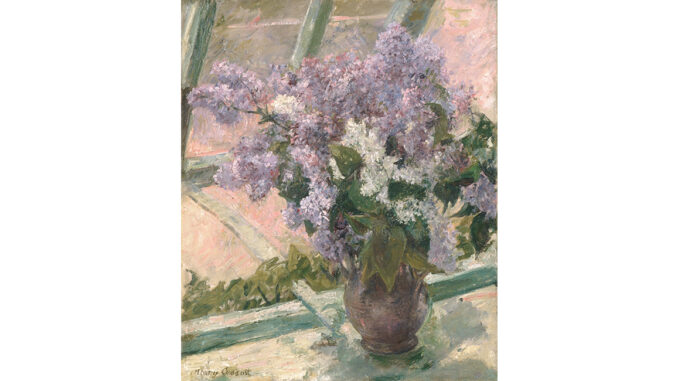
One of our Lord’s counsels to his followers is, “Judge not, that you be not judged.”
We cannot judge others fairly. For example, we do not know what the causes of the faults might be which we would condemn in others.
Some people’s infirmities are hereditary. Or there may be something in their circumstances or experiences, which is the cause of the peculiarities we are disposed to censure. We do not know what hidden troubles people have — what secret sorrows.
Longfellow somewhere says, “If we could read the secret history of our enemies, we would find in each man’s life sorrow and suffering enough to disarm all hostility.” If we knew all that God knows of people’s lives, our censure would turn to pity.
We are in danger of misjudging the acts and character of others, also, because we can see only a fragment of their life. There are two sides to most things and people, and we usually see but one.
One Christmas the poet Whittier received from a friend a flower pressed between two panes of glass. One side showed only a blurred mass of leaves and stems, without beauty. The other side revealed all the loveliness of the flower as it lay beneath the glass. Mr. Whittier hung his gift in his window and turned the beautiful side inward. Those who passed outside saw only “a grey disk of clouded glass,” and wondered that the poet hung such an unsightly thing in his window. But he, sitting within, saw all the exquisite loveliness of the flower. Other things besides pressed flowers have two sides, and Whittier writes:
“Deeper musings come to me, My half-immortal flower, from thee;
Man judges from a partial view; None ever yet his brother knew.
The eternal Eye that sees the whole May better read the darkened soul,
And find to outward sense denied, The flower upon its inmost side.”
Too often we see only the blurred side of people — and most people have a blurred side. Behind their rough exterior, however, may be a true heart, gentle and kindly.
We know a man out in the world among men, and he seems harsh, stern, ungentle. But some day we see him at home where his sick child suffers, and there he is another man — thoughtful, patient and caring. It would have been most unjust if we had made up our judgment of him from the outside view only.
A young man was severely criticized by his companions for his miserliness. He was receiving a good salary but lived in a pinched way, without even the plain comforts which he could easily have afforded — his fellow-clerks thought. He never spent a penny for luxuries and avoided the expenses which other young men thought necessary. That was one side of the young man’s life, and there were those who judged him by it.
But there was another side. He had an only sister — they were orphans — who was a great sufferer. She was confined to her room and bed, a helpless invalid. This brother provided for her. That was the reason he lived so cheaply, saving and doing without things for himself. He made personal sacrifices, that his sister might have comforts. That was the other side of the character, the one side of which had seemed so unattractive to the young man’s friends.
There are countless cases of this kind. We see a person’s actions and form an unfavorable opinion — not knowing the true motive or reason for the actions.
The Pharisees judged Jesus and condemned him bitterly for eating with publicans and sinners — and showing himself the friend of these outcast classes. They saw him only in the light of their own prejudice, and they inferred that he was not a godly man, or he would not have chosen such companions. But we know that he went among these despised and fallen ones, that he might save them. The judgment of his enemies was wrong, because it was passed upon only a fragment of the truth.
Our own imperfections also unfit us for judging fairly. One who has no art taste cannot be a fair critic of works of art. We, with our marred and imperfect moral nature, cannot judge righteously the work and character of another.
The very faults we condemn in our neighbors — oft-times exist in ourselves in even graver form. Jesus teaches this when he says, “Why do you behold the mote that is in your brother’s eye — but do not consider the beam that is in your own eye?” Matthew 7:3. We are not fit to be judges of others, because we have the same faults which we see in them.
Besides, while we are looking after the faults of others — we are in danger of neglecting the care of our own life.
J. R. Miller (1840-1912) was a pastor and former editorial superintendent of the Presbyterian Board of Publication from 1880 to 1911. His works are now in the public domain.



